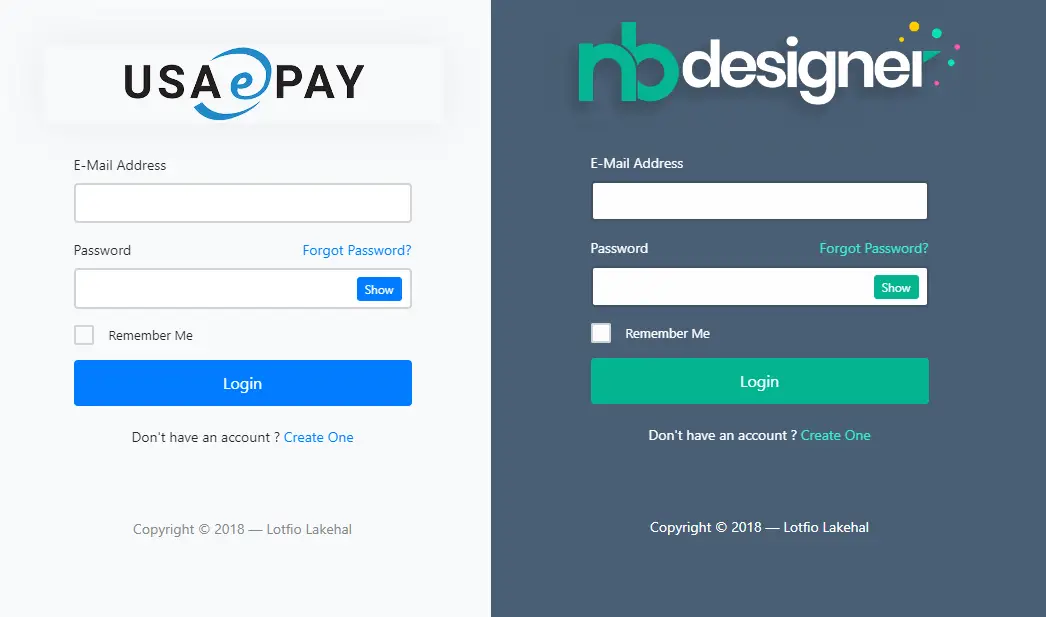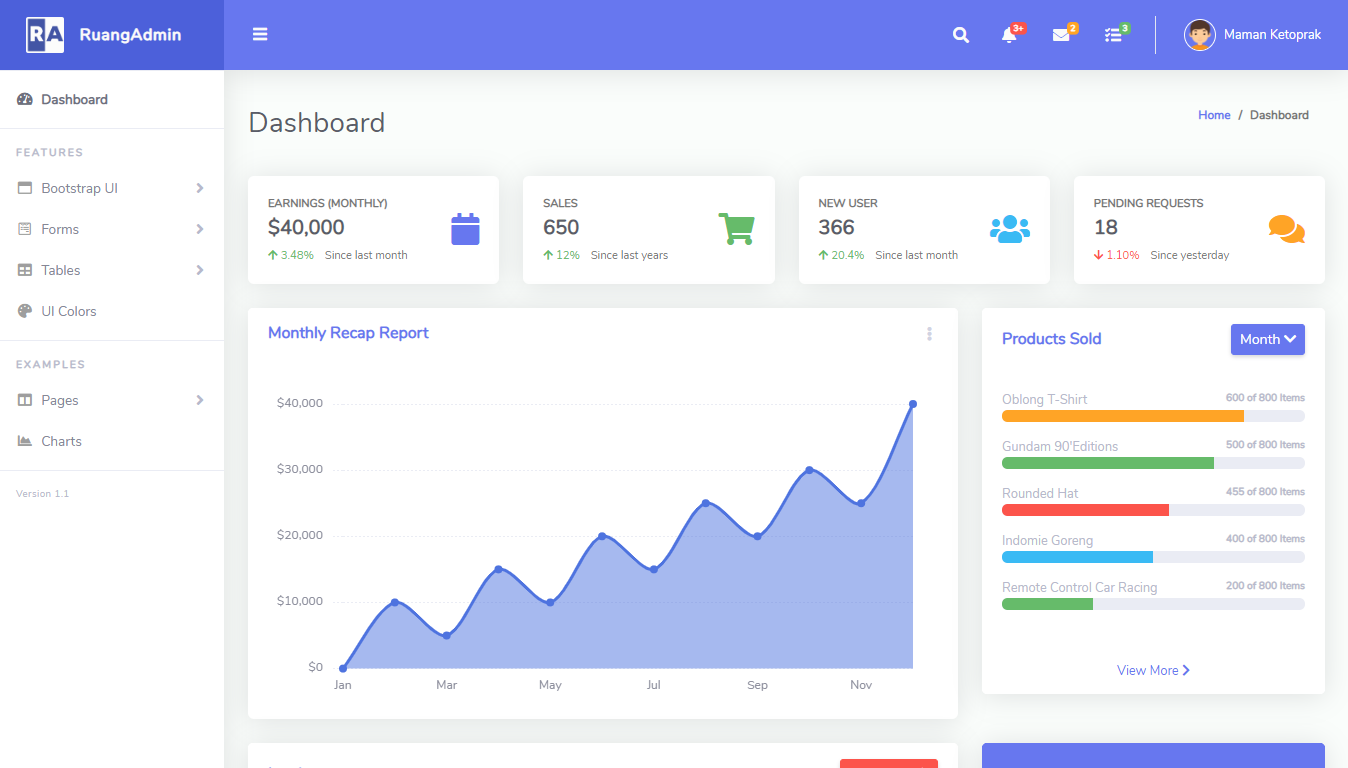Deserialize a JSON array to a list in C#
By Tan Lee Published on Feb 05, 2025 875
First, define a C# class that matches the structure of the JSON objects in the array.
For example, if the JSON contains information about books, you can create a Book class:
public class Book
{
public string Title { get; set; }
public string Author { get; set; }
public int Year { get; set; }
public double Price { get; set; }
}When working with a JSON array, you can deserialize it into a list in a straightforward manner:
using System.Collections.Generic; using System.Text.Json; var bookList = JsonSerializer.Deserialize<List<Book>>(json);
This deserializes all the objects in the JSON array into a List<Book>, which you can then work with as usual.
Next, you will have a JSON array that you want to deserialize.
Valid JSON can be an object (i.e., {}) or an array (i.e., []).
Below is an example of a JSON array that contains 5 book objects:
[
{"Title": "1984", "Author": "George Orwell", "Year": 1949, "Price": 9.99},
{"Title": "To Kill a Mockingbird", "Author": "Harper Lee", "Year": 1960, "Price": 14.99},
{"Title": "The Great Gatsby", "Author": "F. Scott Fitzgerald", "Year": 1925, "Price": 10.99},
{"Title": "Moby Dick", "Author": "Herman Melville", "Year": 1851, "Price": 12.50},
{"Title": "Pride and Prejudice", "Author": "Jane Austen", "Year": 1813, "Price": 8.99}
]Now, you can use the JsonSerializer.Deserialize<T>() method to deserialize the JSON array into a List<Book>.
using System.Text.Json;
var list = JsonSerializer.Deserialize<List<Book>>(booksJson);
Console.WriteLine($"There are {list.Count} books.");Output:
There are 5 books.
Deserialize and yield one object at a time
If you don’t want to load all the objects into memory at once, you can deserialize and yield one object at a time using DeserializeAsyncEnumerable().
using var bookJsonStream = new MemoryStream(Encoding.UTF8.GetBytes(booksJson));
await foreach (var book in JsonSerializer.DeserializeAsyncEnumerable<Book>(bookJsonStream))
{
ProcessBook(book);
}In this example, we are converting a string into a MemoryStream. It’s recommended to work with streams directly, such as reading from a file or an HTTP response stream.
Non-array collection of objects
Sometimes you will need to handle collections of objects stored in a JSON object instead of an array. Here’s an example:
{
"1984": {
"Author": "George Orwell",
"Year": 1949,
"Price": 9.99
},
"To Kill a Mockingbird": {
"Author": "Harper Lee",
"Year": 1960,
"Price": 14.99
},
"The Great Gatsby": {
"Author": "F. Scott Fitzgerald",
"Year": 1925,
"Price": 10.99
}
}This is a collection of key/value pairs (where the key is the book title and the value is the book object). You can deserialize it into a Dictionary<string, Book>:
var bookMap = JsonSerializer.Deserialize<Dictionary<string, Book>>(booksJson);
Keep things simple by deserializing into a class that matches the structure of the JSON.
If you're using Newtonsoft.Json instead of System.Text.Json, here's how you can deserialize the JSON array into a list:
using Newtonsoft.Json;
var books = JsonConvert.DeserializeObject<List<Book>>(booksJson);
Console.WriteLine($"Average price = ${books.Average(b => b.Price)}");Output:
Average price = $11.09
- Serialize and Deserialize a Multidimensional Array in JSON using C#
- JSON object contains a trailing comma at the end which is not supported
- How to use JsonDocument to read JSON in C#
- How to use JsonExtensionData in C#
- Serialize a tuple to JSON in C#
- Deserialize JSON using different property names in C#
- Deserialize JSON to a derived type in C#
- Deserialize JSON to a dictionary in C#





